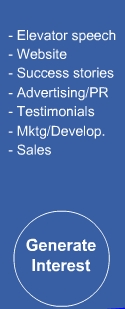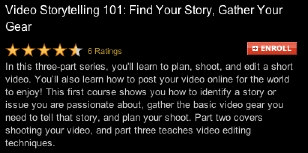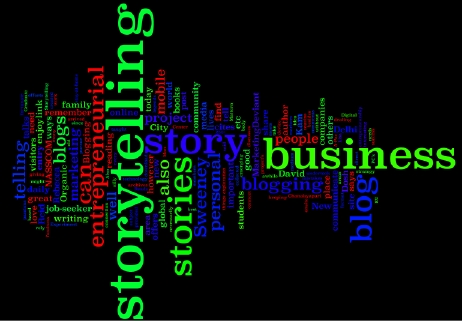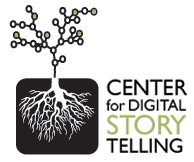Visit The Mistake Bank
Such a serendipitous chain of events … a story, if you will …
On Monday, I blogged about reconnecting with the Ning social networking group, Worldwide Story Work.
While I was reconnecting, I posted a blog entry to Worldwide Story Work about an upcoming project in which I am conducting Q&As with gurus of the storytelling world (I am officially announcing the project here on A Storied Career this month).
John Caddell wrote to me about the blog posting. Though he claimed not to be a guru, he was interested in doing a Q&A. The idea with the Q&As is to ask some general questions but also a couple of questions tailored specifically to the interviewee. To compose specific questions, I usually start with a book or Web site written by the interviewee.
John Caddell’s e-mail said his site was called The Mistake Bank. Intrigued, I visited The Mistake Bank, which is also a Ning social networking group and “a place to share stories of mistakes people have made in their lives and careers.”
What an awesome idea! Here are career stories we can really learn from. Lord knows, I’ve made plenty of mistakes in my career. Caddell writes:
The Mistake Bank idea came out of trying to create a story library of mistakes that people could consult when they underwent some change – say, a large investment, a new company, a new job, etc. And where people who were retiring could leave a bit of a legacy. Now that it’s in place and starting to grow, I’m finding, not surprisingly, that there are all sorts of interesting side benefits as well.
If I may preview a piece of one of John’s responses to the Q&A (which will appear in early October), he describes one of those side benefits:
As far as side benefits, when someone (especially someone prominent) admits to a mistake, it has this neat result of making him/her human to the rest of us. “Hey, she may be a world-renowned organizational-behavior expert, but she messes up just like the rest of us.” I think that’s beneficial to the workplace, and to society.
 Got this e-mail this week from the Democratic Congressional Campaign Committee:
Got this e-mail this week from the Democratic Congressional Campaign Committee:






